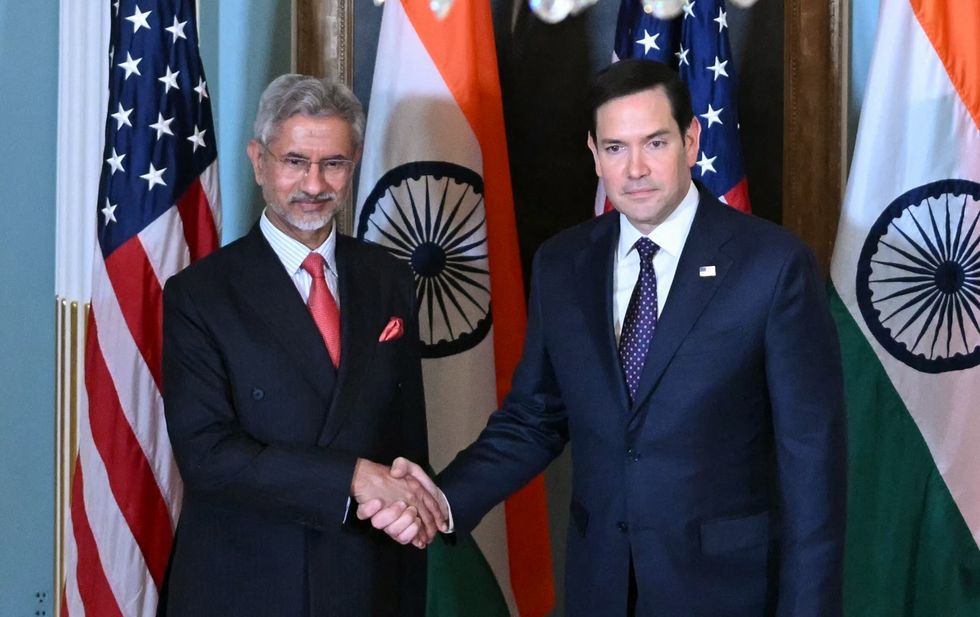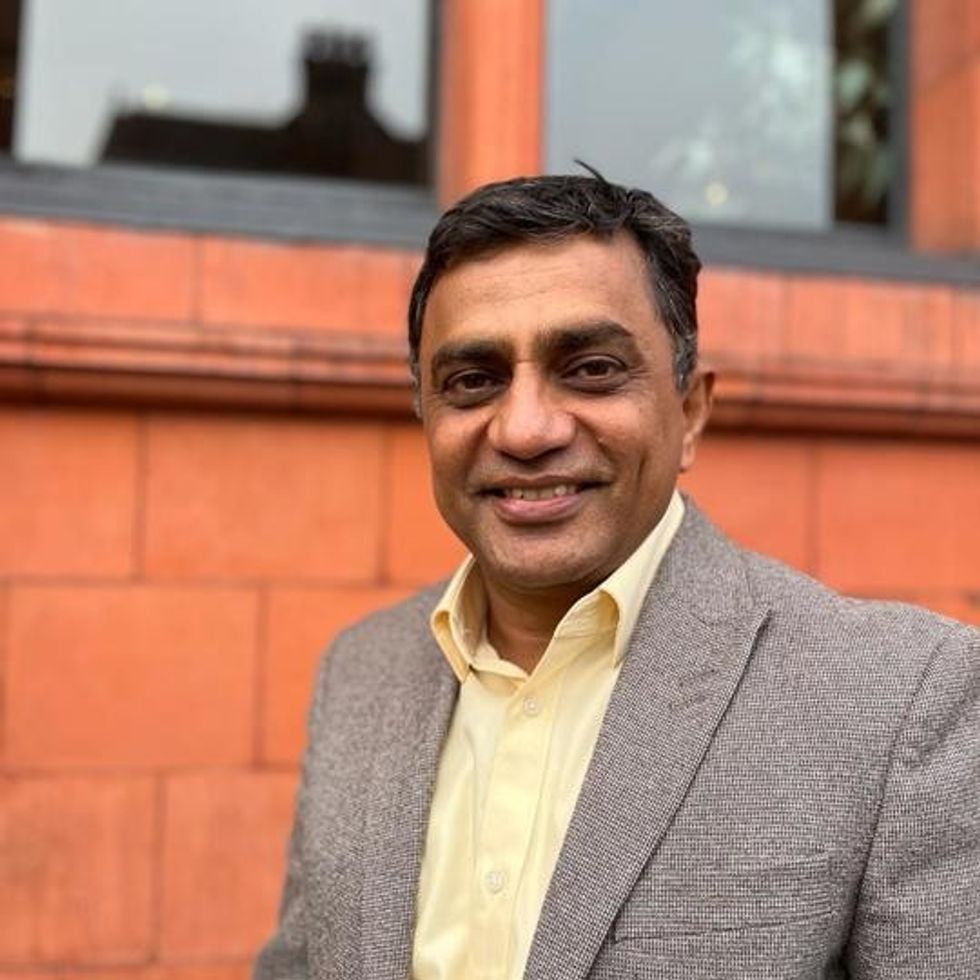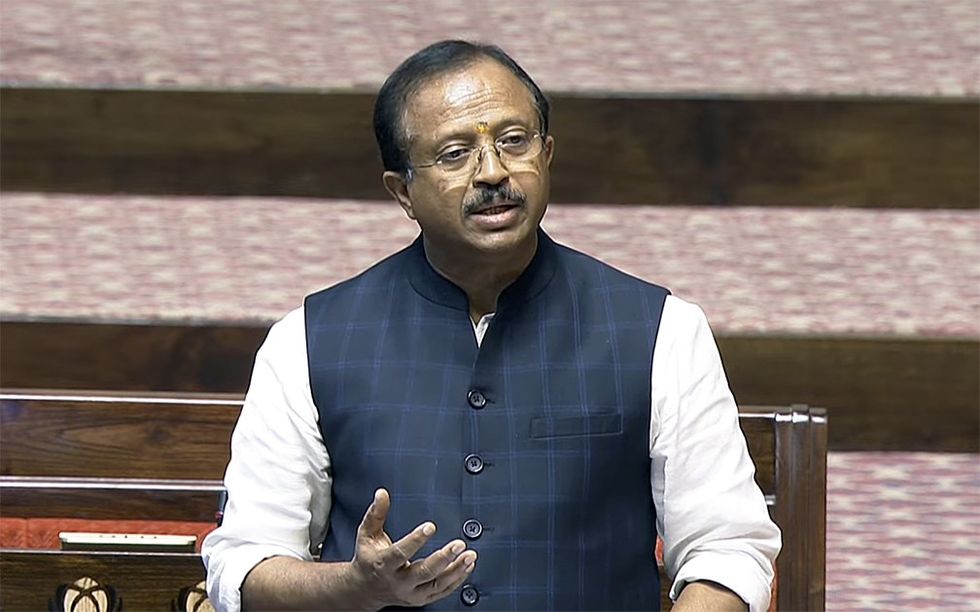Hundreds of women poured into the inner sanctum of the iconic Haji Ali Dargah mosque in Mumbai on Tuesday (November 29) after a supreme court order granted them equal access, sparking hope for other cases of discrimination against women.
The lengthy legal battle for women to enter the heart of Haji Ali Dargah is one of many cases for equal access in places of worship in India.
Members of the Haji Ali Dargah Trust, which had argued it would be a “grievous sin” to allow women near the tomb of the 15th century Sufi saint housed within the mosque, welcomed women from across India on Tuesday with tea.
“It was a hugely emotional experience. It has been a tough battle, with many hardships, but we are glad we prevailed,” said Zakia Soman, co-founder of Bharatiya Muslim Mahila Andolan (BMMA), or Indian Muslim Women’s Movement, a rights group that had filed a petition in the Mumbai high court for equal access.
“This is a beginning. It gives me greater confidence about other matters of gender justice we are fighting for, such as triple talaq,” whereby a Muslim man can divorce his wife by saying “talaq” – or “I divorce you” – three times.
The Haji Ali Dargah mosque, built on an islet about 500 metres from the coast, can only be reached at low tide and draws thousands of worshippers each day. On Tuesday, women entered the shrine with their heads covered, amid song and prayer, Soman said.
Women had been allowed in Haji Ali Dargah’s inner sanctum until 2011, when their entry was suddenly banned. BMMA filed a petition in 2014 against the ban, and the Mumbai court in August ordered the mosque’s trust to lift it.
The trust challenged the order in the supreme court, which last month upheld the lower court’s order.
Also in western Maharashtra state, where Haji Ali Dargah is located, women activists had earlier gained entry to the Shani Shingnapur temple, one of a handful of Hindu temples in the country that denies women access.
The protests have played out on social media, with #RighttoPray and #LetWomenPray trending on Twitter. Activists say the restrictions are based on patriarchy, not religion.
“This is a welcome move in the fight for equal rights which are guaranteed by the constitution,” said Kiran Moghe, national joint secretary of the All India Democratic Women’s Association, which has backed BMMA.
“It is a boost to women in the community addressing other matters of gender justice.”
Muslim women’s rights activists are also fighting to ban “triple talaq” and polygamy from family civil law, saying Islamic clerics’ justifications for these practices are “medieval” and “reek of sexism”.





 US secretary of state Marco Rubio with India’s foreign minister Subrahmanyam Jaishankar in Washington DC last Tuesday (21)
US secretary of state Marco Rubio with India’s foreign minister Subrahmanyam Jaishankar in Washington DC last Tuesday (21) Anit Mukherjee
Anit Mukherjee V Muraleedharan
V Muraleedharan Dr Sasikumar S Sundaram
Dr Sasikumar S Sundaram













 Workers clean communication equipment aboard INS Surat on January 11
Workers clean communication equipment aboard INS Surat on January 11